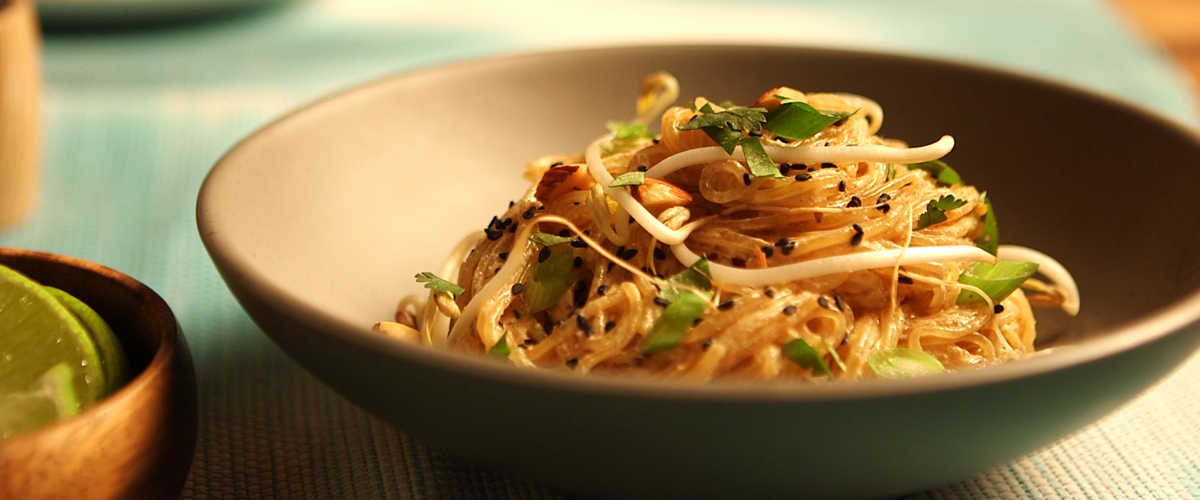No meat, no fish, no dairy, no eggs, no honey. Could you be a vegan?
Judy Simon, a clinical dietitian at the University of Washington, says a vegan diet can be healthy, but not always.
“Some vegans don’t eat many vegetables, so they may be eating processed grains or rice or crackers and breads,” she said.
Other negatives: you might not get enough omega-3 fatty acids.
Nuts and chia seeds have some , but she says says they only provide a fraction of what you get from fish like salmon. It’s also more difficult to eat out if you’re a vegan. And pregnant women may not get enough vitamin D or calcium from a vegan diet.
“The fetus will actually take calcium from the mother, so if her intake is low anyways, it may not be sufficient enough for the baby,” said Simon.
On the plus side, a plant-based diet can lower your risk of diabetes, high blood pressure, high cholesterol and heart disease. People who eat vegan have a lower body mass index.
Research also shows vegan dieters had healthier guts than meat eaters.
“We’re finding that they have more of the healthy bacteria that can actually be heart-healthy and prevent heart disease,” she said.
The Vegetarian Resource Group, a nonprofit company, offers tips to help you get optimum nutrition on a vegan diet:

